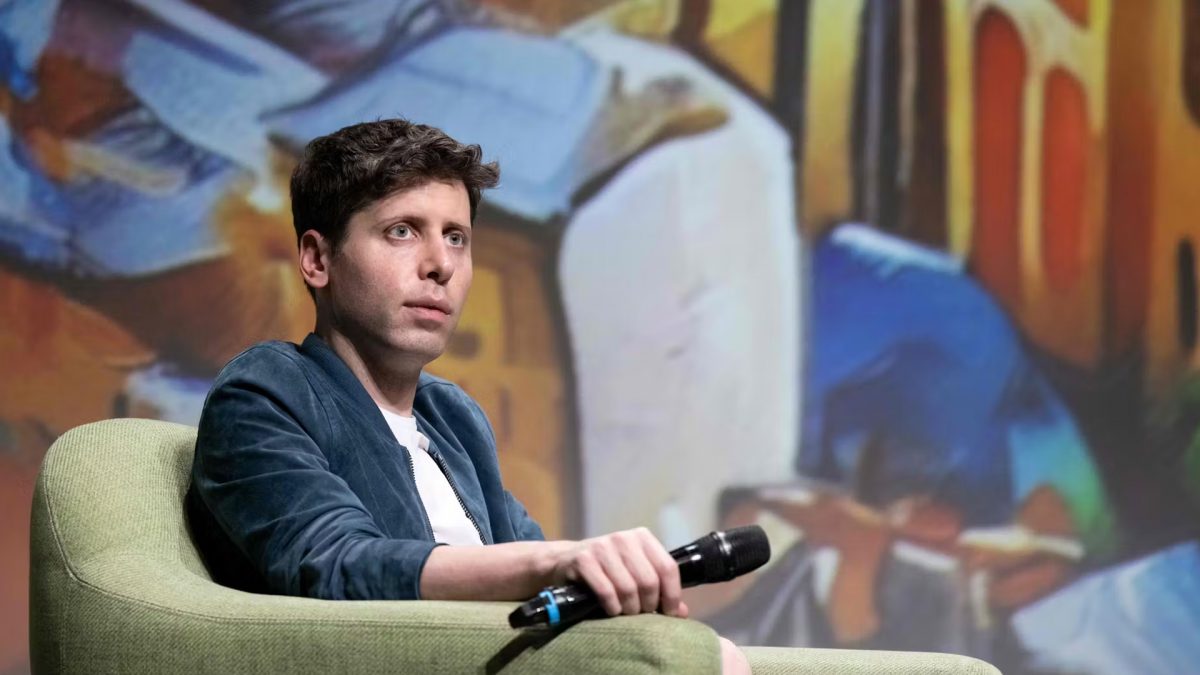Sam Altman’s crypto venture, once known as Worldcoin has undergone a major makeover. On Thursday, co-founder Sam Altman and his team announced the project’s rebranding to simply “World,” leaving behind the original cryptocurrency-centric name.
Along with the new identity, the startup behind it, Tools for Humanity, revealed its latest iris-scanning hardware, known as the Orb, and shared a fresh roadmap at an event in San Francisco.
The rebrand reflects a shift in focus. While the project initially promised Worldcoins in exchange for eye scans, that idea never materialised. Now, the startup appears to be expanding beyond crypto into broader territory. Alex Blania, CEO of Tools for Humanity, hinted that the new name aligns with a larger mission.
He also confirmed that while Altman, who is also the CEO of OpenAI, dedicates some of his time to World, the two initiatives are separate. However, the possibility of World’s cryptocurrency integrating with ChatGPT down the line hasn’t been ruled out.
A new approach to AI and identity
World’s underlying idea is rooted in a future where artificial intelligence could make it difficult to distinguish humans from bots online. The startup aims to offer a solution with “human verification services” tied to blockchain technology. The team also hopes to democratise the benefits of AI by distributing wealth generated by it through Worldcoins.
The rebranded project has faced scrutiny from multiple governments, including Kenya and several EU nations, over privacy, security, and financial concerns. Though operations have resumed in Kenya, investigations in parts of Europe are ongoing, leaving the project’s future in those regions uncertain.
Impact Shorts
More ShortsNew tools unveiled
At the event, Blania outlined the company’s four-step roadmap, focusing heavily on scaling up. With the first two steps — developing the Orb and building a blockchain-based distributed network — completed, the next goal is to massively increase the number of verified users. Currently, the project boasts seven million verified individuals but aims for far more.
To help achieve this, Tools for Humanity introduced a next-generation Orb, designed for faster scanning and easier mass production. The company also announced that users would soon be able to verify their identities at coffee shops, and it partnered with Rappi, a popular delivery service in Latin America, to enable home verifications.
The team also unveiled a new feature called Deep Face, intended to combat online deepfakes and impersonation by integrating human verification tools into platforms like FaceTime, Zoom, and X. Additionally, a beta version of the World ID credential was announced. While not intended to replace government-issued IDs, World ID offers a way for users to verify their identity online without revealing unnecessary personal details, like a passport or driver’s licence.
Trust issues loom
Despite the enthusiasm, gaining user trust remains a challenge for World. During the event, attendees were required to present government-issued IDs to verify their identities, raising eyebrows about whether users will feel comfortable sharing their information with a company closely associated with Altman. This concern is heightened by recent controversies involving Altman, including allegations of dishonesty with OpenAI’s board.
As World embarks on its next chapter, it remains to be seen if it can overcome these hurdles and achieve its ambitious vision of blending AI, blockchain, and identity verification on a global scale.
)